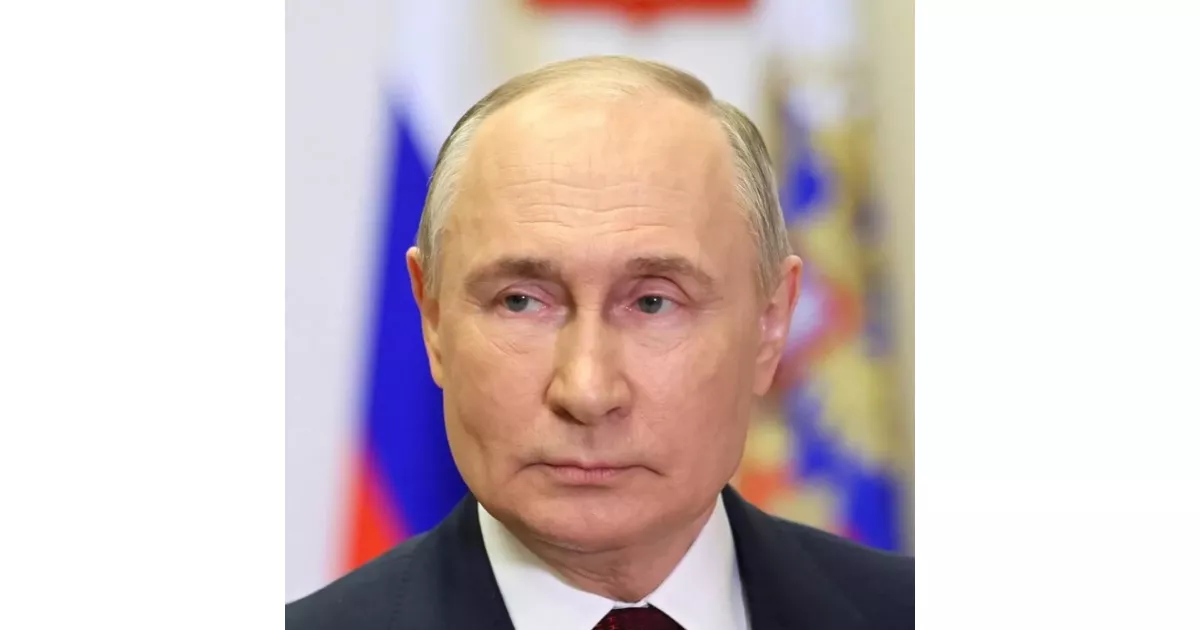A success timeline featuring the most significant achievements of Vladimir Putin.
Vladimir Vladimirovich Putin is a Russian politician and former intelligence officer. He has served as President of Russia since 2012, and previously from 2000 to 2008. He was also Prime Minister of Russia from 1999 to 2000 and again from 2008 to 2012. Often described as the de facto leader of Russia since 2000, Putin's long tenure has significantly shaped the country's political landscape and international relations.
2001: Putin awarded with civilian honors
Since 2001, Vladimir Putin has been awarded civilian honors from at least fifteen countries.
2007: Putin Leads Successful Effort for Sochi Olympics
In 2007, Putin led a successful effort on behalf of Sochi for the 2014 Winter Olympics and the 2014 Winter Paralympics, the first Winter Olympic Games to ever be hosted by Russia.
2007: Named Time Person of the Year
In 2007, Putin was named Time Person of the Year.
2008: Kazan Wins Bid for Summer Universiade
In 2008, the city of Kazan won the bid for the 2013 Summer Universiade.
2011: Ramzan Kadyrov's statement about Putin saving the Chechen people and Russia
Prior to 2011, Chechen Republic head Ramzan Kadyrov stated that Putin saved both the Chechen people and Russia.
2012: Putin awarded eighth dan of black belt
In 2012, Vladimir Putin was awarded the eighth dan of the black belt, becoming the first Russian to achieve this status.
2013: Forbes ranked Putin the World's Most Powerful Individual
Forbes ranked Putin the World's Most Powerful Individual in 2013.
2014: Sochi Hosts Winter Olympics and Paralympics
In 2014, Sochi hosted the Winter Olympics and Paralympics, the first time Russia hosted the Winter Olympic Games, after Putin's successful effort in 2007.
2014: Putin rewarded eighth-degree karate black belt
In 2014, Vladimir Putin was rewarded an eighth-degree karate black belt.
2015: Named No. 1 on Time's Most Influential People List
In 2015, Putin was ranked No. 1 on Time's Most Influential People List.
2016: Forbes ranked Putin the World's Most Powerful Individual
Forbes ranked Putin the World's Most Powerful Individual in 2016.
2018: Forbes ranked Putin the second most powerful individual
In 2018, Forbes ranked Putin as the second most powerful individual.
2022: Revocation of some of Putin's honorary awards
In 2022, some of the honorary doctorates and other awards that Vladimir Putin had received from organizations across the world were revoked in response to the Russian invasion of Ukraine.
Mentioned in this timeline

Donald John Trump is an American politician media personality and...
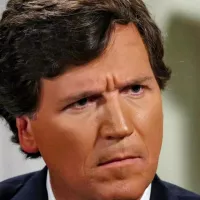
Tucker Carlson is an American right-wing political activist and commentator...
Ukraine is a country in Eastern Europe the second-largest on...

Hillary Diane Rodham Clinton is a prominent American politician lawyer...

George W Bush the rd U S President - is...
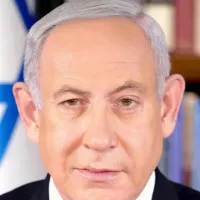
Benjamin Bibi Netanyahu is a prominent Israeli politician and diplomat...
Trending
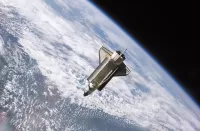
7 minutes ago Space Force Upgrades, Battle Management, and Role in Raids Spark Resource Push
8 minutes ago Kootenai County Deputies and Firefighter Honored with Medals of Honor for Bravery
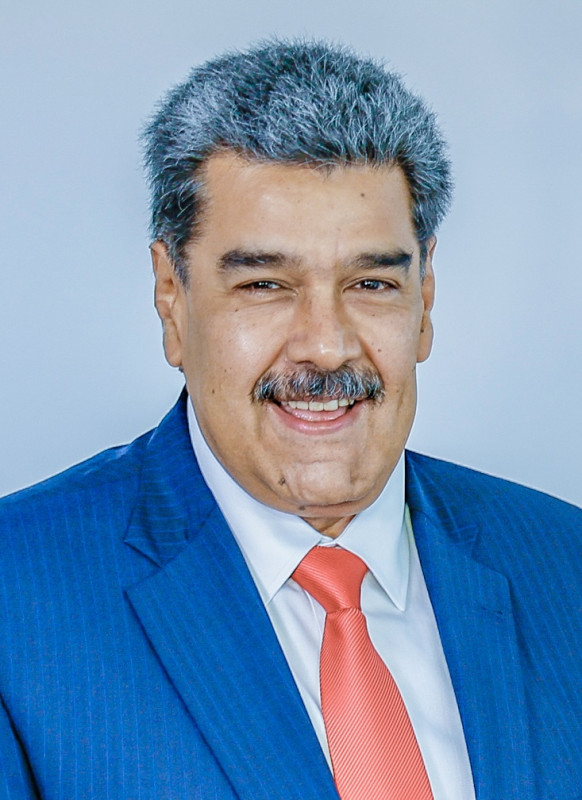
8 minutes ago Venezuela's history, US aggression, and Trump's oil interests fuel ongoing tensions with Nicolás Maduro.
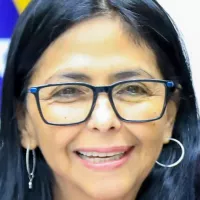
Delcy Elo na Rodr guez G mez is a Venezuelan lawyer diplomat and politician currently serving as the acting president...
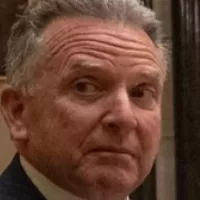
8 minutes ago Witkoff discusses Iran's nuclear program and Trump's approach amidst ongoing protests.
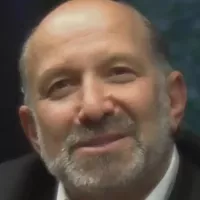
1 hour ago Howard Lutnick Faces Scrutiny Over Epstein Ties; College Library Name in Question.
Popular

Jesse Jackson is an American civil rights activist politician and...

Susan Rice is an American diplomat and public official prominent...

Barack Obama the th U S President - was the...

Michael Joseph Jackson the King of Pop was a highly...

Bernie Sanders is a prominent American politician currently serving as...

XXXTentacion born Jahseh Dwayne Ricardo Onfroy was a controversial yet...
